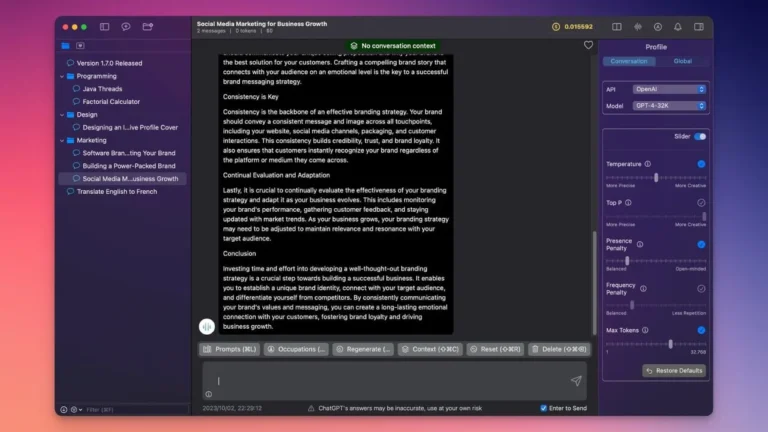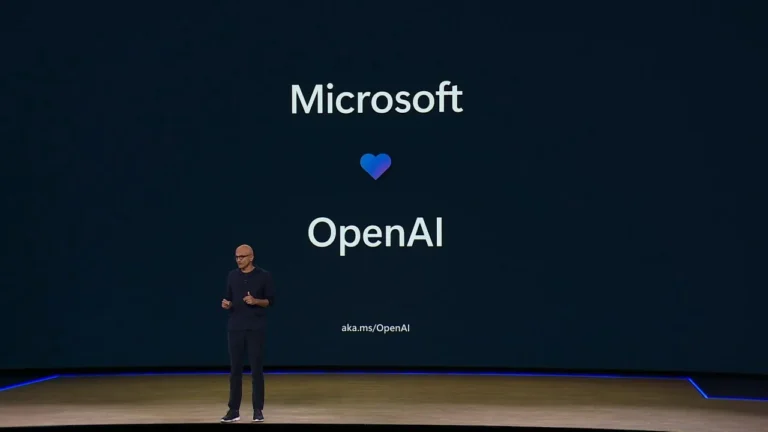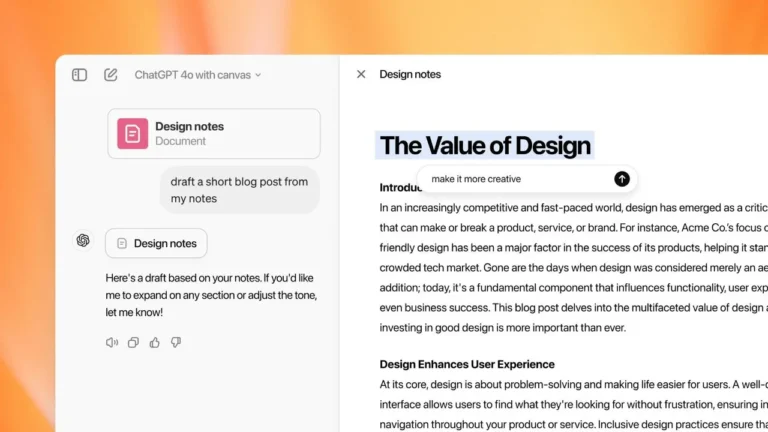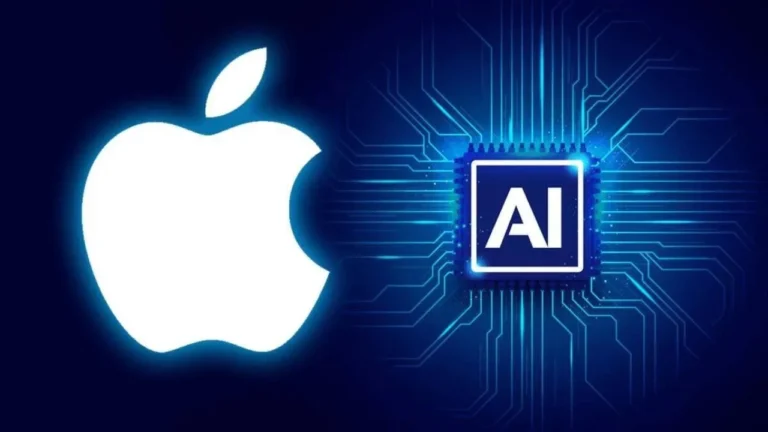Salesforce’s New Agentforce AI: The Future of Enterprise Automation or Just Hype?
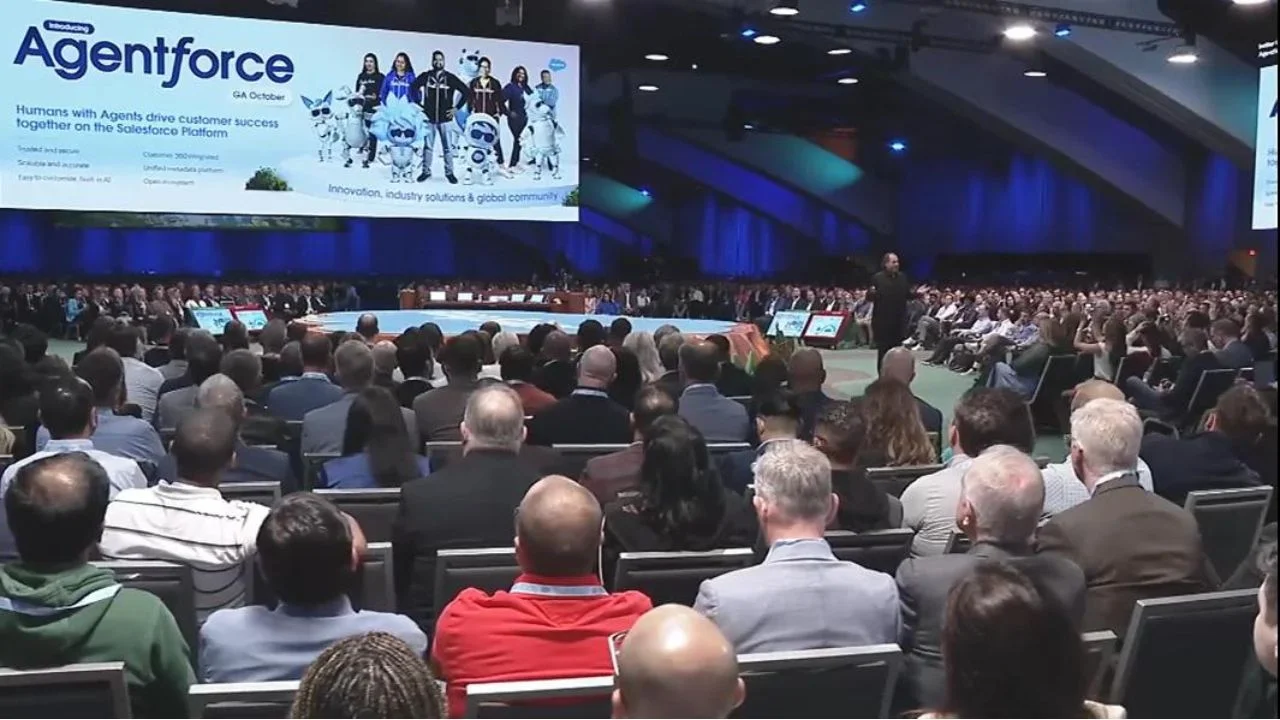
Salesforce just introduced a groundbreaking update at the annual Dreamforce event: Agentforce. As the next big thing after its Einstein AI platform, Agentforce represents a major leap in AI-driven automation for businesses. But what does this mean for companies looking to simplify and streamline their day-to-day operations? And how does it stack up against other AI platforms like Microsoft Azure?
In a nutshell, Salesforce’s Agentforce aims to transform the way businesses handle sales, service, marketing, and commerce. Think of it as having smart, autonomous agents doing the heavy lifting so your employees can focus on more strategic tasks. This could not only improve productivity but also make work life much more efficient and customer-friendly.
So, What Makes Agentforce Different?
One of the key messages from Salesforce at the event was how easy and practical Agentforce is. Unlike competing platforms that require complex setups or suffer from issues like data leaks and inaccurate results, Salesforce is positioning Agentforce as the go-to solution for immediate, reliable outcomes.
CEO Marc Benioff put it simply: “People need to get their hands dirty with this technology to truly see its potential.” It’s clear that Salesforce wants businesses to start using AI hands-on, making it more accessible and less intimidating. And, with competitors like Microsoft and Google rolling out their own AI offerings, Salesforce’s confidence in Agentforce stands out.
What Is An Agentforce AI Agent?
To put it plainly, these AI agents are like the supercharged assistants we all wish we had. Unlike traditional chatbots, which still need a lot of back-and-forth with users, Agentforce agents are much more autonomous. They don’t just assist with small tasks—they can manage entire processes from start to finish. It’s almost like having a highly skilled personal assistant that’s always available.
These agents are trained for specific roles and given context on how to perform various tasks, whether it’s for sales, customer service, or marketing. For example, they can draft emails, schedule appointments, or even offer personalized marketing recommendations. The possibilities are vast.
Agentforce in Action: Boosting Sales, Enhancing Customer Support, and More
Salesforce has already rolled out pre-built agents with roles like Sales Coach, Service Agent, and Personal Shopper. These agents are designed to integrate seamlessly into your company’s existing workflows, taking care of repetitive tasks while allowing your employees to focus on what really matters—whether that’s building relationships, creating strategies, or solving complex problems.
Here’s how Agentforce could transform different areas of your business:
Sales: Imagine freeing up your sales team so they can concentrate on closing deals and nurturing client relationships. AI agents can sift through data to predict which leads are most likely to convert, helping your team prioritize their efforts. And with personalized recommendations based on customer data, agents can boost engagement and potentially drive more sales.
Customer Experience: By handling routine support tasks, AI agents can help resolve customer issues faster and more efficiently. This leaves your human agents available for the more complicated, high-touch interactions that require empathy and problem-solving skills. The result? Happier customers and a more satisfied support team.
Marketing: AI agents can manage marketing campaigns in real time, optimizing them based on actionable insights. By automating tasks like customer segmentation and campaign monitoring, your marketing team can focus on creating innovative strategies. The challenge, of course, is to strike the right balance between automation and the creativity that only humans can provide.
Commerce: One of the most exciting applications for Agentforce is in commerce. AI agents can streamline everything from product recommendations to order management, creating a smoother customer journey. In fact, companies like Wiley, an educational publisher, have already used Agentforce to handle back-to-school inquiries, reducing the need for seasonal staff.
The Data Behind Agentforce: Clean Data, Better AI
One thing that can’t be stressed enough is the importance of clean, well-organized data. AI agents are only as good as the data they have to work with. This means businesses need to make sure their customer data is accurate, up-to-date, and easily accessible. Salesforce’s Data Cloud plays a crucial role here, as it serves as the foundation for Agentforce’s AI-powered solutions.
By unifying apps, data, and AI, Salesforce aims to offer businesses a comprehensive solution that not only improves efficiency but also delivers personalized, customer-centric experiences.
What Does the Future Hold for AI in the Workplace?
Agentforce represents the next wave of AI that could change how we work—freeing up time for employees to focus on meaningful tasks while AI handles the routine. But it’s not without its challenges. As AI becomes more powerful and complex, companies will need to navigate issues like data security, biased decision-making, and the potential for over-reliance on automation. After all, too much automation can sometimes lead to a lack of human oversight and creativity.
Another big question is whether people are ready to fully trust AI. While the promise of greater productivity is enticing, some are concerned that relying too heavily on AI could erode the human touch that’s so important in business. For now, though, Salesforce is betting big that businesses will embrace this new wave of AI automation.
Wrapping It Up: Agentforce Could Be a Game Changer—If It Delivers
There’s no denying that Salesforce’s Agentforce holds tremendous potential. If it lives up to the hype, it could transform the way businesses operate across multiple departments. The ability for AI agents to manage tasks autonomously, while seamlessly integrating into existing workflows, could be a game-changer for companies looking to boost efficiency and improve customer experiences.
But like any technology, the true test will be in the real-world application. As more businesses start “putting their hands in the soil,” we’ll see whether Agentforce can deliver on its promises—or whether it’s just another overhyped AI platform.
Final Thoughts:
In this fast-evolving landscape of enterprise AI, Salesforce is pushing the boundaries of what’s possible with automation. The integration of AI agents like those in Agentforce could mark the beginning of a new era in business operations. Whether or not it succeeds will depend largely on how well it integrates into everyday workflows—and how businesses balance the benefits of automation with the need for human creativity and oversight.
